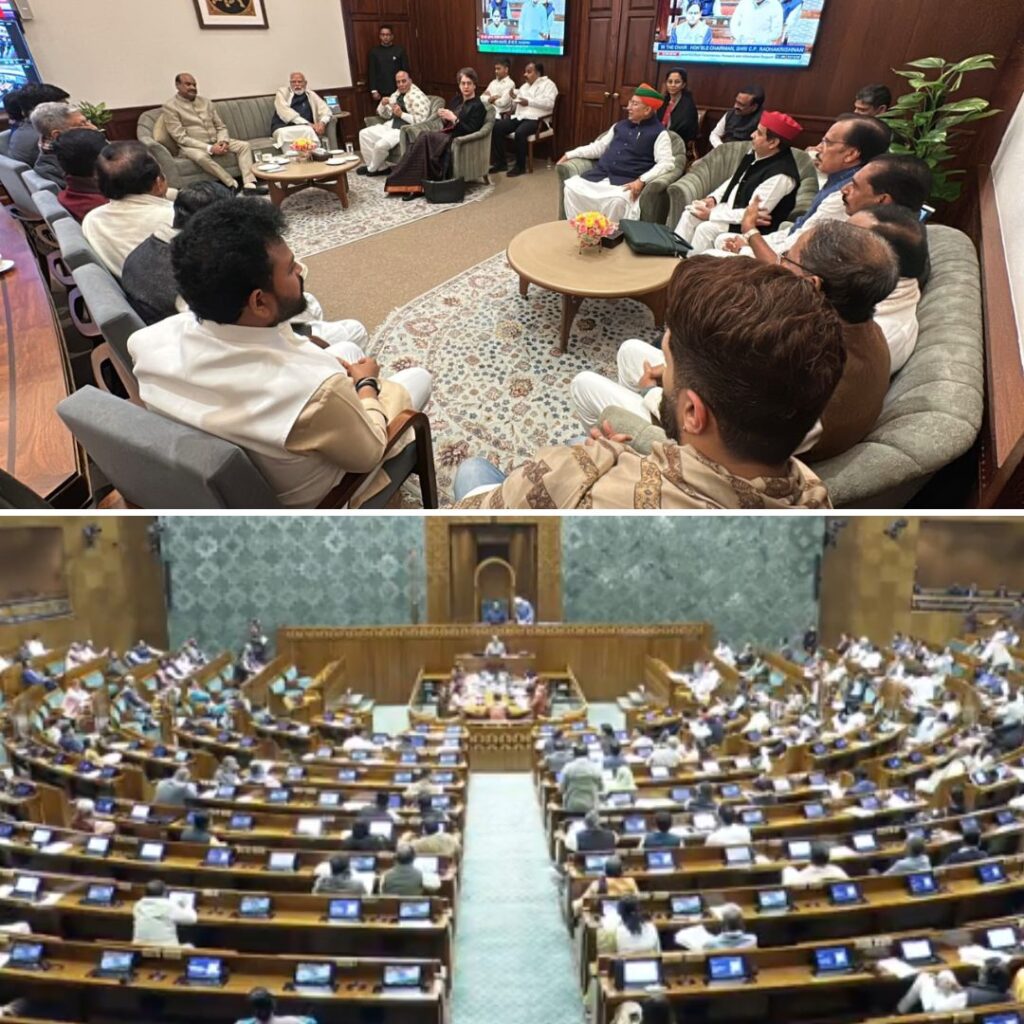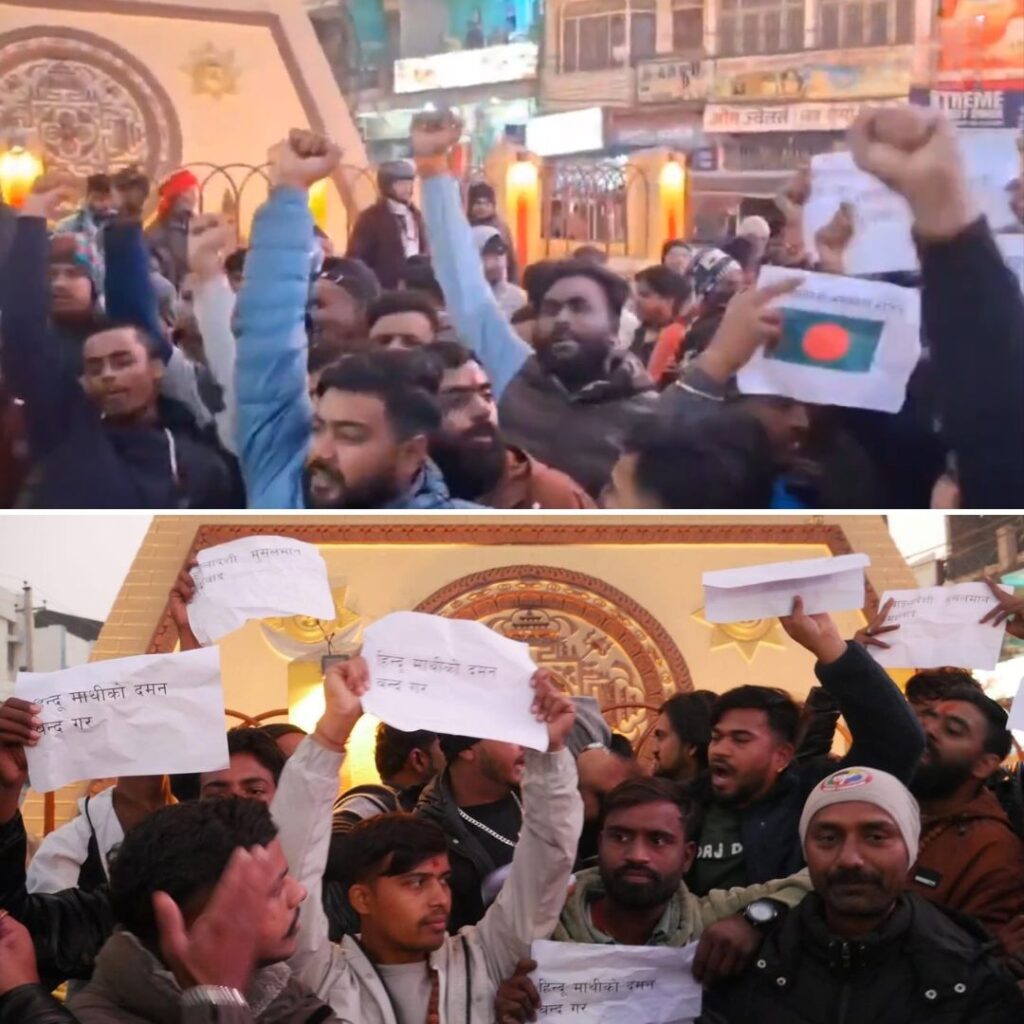India has been categorised to be in the ‘serious’ hunger category in the Global Hunger Index 2020.
According to The New Indian Express, the country has ranked at 94th position among 107 countries with a score of 27.2. The report has revealed that at least 14 percent of the population is undernourished.
Most significantly, the index has pointed out that India has featured behind countries like Nepal (73), Pakistan (88), Bangladesh (75), Indonesia (70) among others.
The COVID-19 pandemic has added to the challenges being faced by a country with over 1.3 billion people, pushing millions into poverty, struggling to survive without basic necessities of life.
Amid such grim situations, Vikash Agarwal’s food initiative has turned to be a silver lining to the underprivileged communities residing on the streets of West Bengal’s Kolkata.
Vikash, a business owner, always had the intention of ‘giving back’ to society and so he decided to shape his objective into reality and started with delivering meals on wheels with his trust Apni Roti.
Explaining his idea to use a vehicle to distribute free meals, he said, ‘We wanted to serve something that was beyond all castes, religions or other divisions. Roti is something that everyone enjoys. It belongs to everyone. That is where the name Apni Roti came from. Even today, many families struggle to put up three meals. There is usually only one bread earner in the family and their income is not enough to feed 5-6 members. The result is that families often go hungry. The stomach needs to be full for the mind to work.’
He further said that by feeding a family in dire need of a one-time meal, his team was engaged in a noble act of service that would help such people to carry on and fight the struggles in life.
Serving meals on wheels seemed an interesting idea but Vikash and his team had to go through a number of difficulties to actually come up with a vehicle-design that would be fully functional while ensuring that safety standards were followed.
The social changemaker stated that having a mobile van equipped with a machine that would make Rotis and would also be lightweight and require minimum human intervention was a task. However, Vikash inducted mechanical engineers from his company to work on the ideation.
‘We didn’t want to use a gas cylinder the way it is used in commercial food trucks. And we wanted the process to be very non-intensive. The machines that were available for roti-making on a large scale were only found in commercial kitchens. They would never fit inside a truck. And even if they did, they would be too heavy to drive around the city,’ he said.
Finally, after six months of research and hard work, a prototype was designed but no manufacturer was willing to make such a machine for them.
After a long haul, the team found a vendor in the national capital who would take a swing at it. It took almost two years to develop the prototype but the team still had it its apprehensions.
‘What if the machine stopped working? What if we sent it out on the streets and then it went bust? We would be crushing people’s expectations,’ said Vikash reminiscing about the early days.
He further described the suspicion that accompanied the initiative, with people coming up with all kinds of statements to express their doubts regarding the van.
‘There were all kinds of rumours and discussions about Apni Roti,’ said an amused Vikash.
‘Some asked if we were doing this to convert black money to white. Some thought was testing out our rotis. Others wondered if this was some kind of paid advertising for aata. Then there were those that went around saying that the food is free now but will be chargeable later!’
The Apni Roti van has been serving at least 1,500 people every day and has distributed over five lakh rotis a year. The team has ensured that the best-quality ingredients have been used to prepare healthy and nutritious rotis.
The idea of serving meals on four wheels was to ensure that the rotis reach the remotest corners whether it would be a village, school premises or disaster-affected areas seeking aid. With only two people to run the vehicle and efforts of a few volunteers to manage the crowd, the Apni Roti van has proven to be a boon during the coronavirus outbreak where health risks have become significant.
Detailing about the finances, Vikash informed that the running costs of the vehicle and supplies such as aata, fuel, etc. cost about ₹12,000 a day.
The initiative has been able to pool 10-12 sponsors a month to cover the running costs while Vikash’s construction company takes care of the costs for the rest of the month.
‘We are now trying to seek help to take this initiative to other parts of the country,’ said Vikash, ‘Our aim is to have 100 such vans one day.’
This story has been received from Giving Circle. It is a platform that connects social change makers, donors, and volunteers. They are working to scale up these initiatives.
Also Read: Mumbai: Karachi Sweets Shop Owner Forced To Cov…













